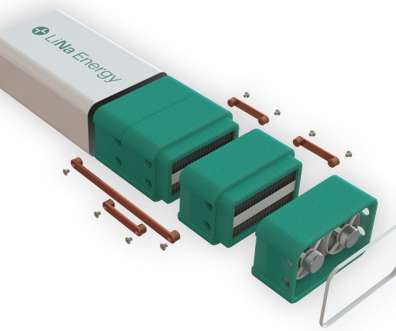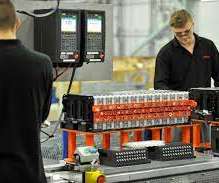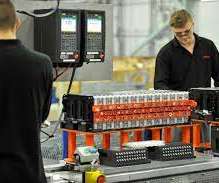ion Ventures and LiNa Energy conclude successful test of solid-state sodium-nickel battery platform
Green Car Congress
MARCH 11, 2021
ion Ventures, a modern utility and energy storage infrastructure specialist, and LiNa Energy , a solid-state battery technology developer, concluded their first successful trial of LiNa’s proprietary solid-state sodium-nickel battery platform at an undisclosed location in South East England last week.












Let's personalize your content